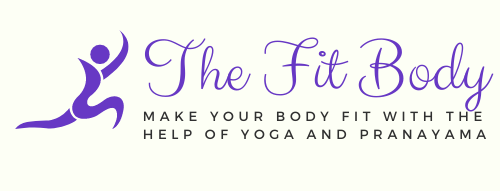Introduction: Sleep is essential for our physical and mental well-being, yet many struggle with getting a restful night’s sleep. Meditation can be a powerful tool to promote relaxation, calm the mind, and prepare the body for sleep. In this post, we will explore meditation techniques specifically designed to improve sleep quality and provide a rejuvenating experience. Discover how to incorporate meditation into your bedtime routine and create a peaceful environment that supports deep and restorative sleep.
- Understanding the Link between Meditation and Sleep:
- Explain how meditation can positively impact sleep by reducing stress, calming the nervous system, and promoting relaxation.
- Discuss scientific research and studies highlighting the effectiveness of meditation in improving sleep quality.
- Preparing for Bedtime Meditation:
- Provide tips for creating a soothing bedtime routine that prepares the mind and body for sleep.
- Suggest activities such as turning off electronic devices, dimming lights, and engaging in gentle stretching or relaxation exercises.
- Guided Meditation for Relaxation:
- Offer a step-by-step guided meditation practice focused on deep relaxation and releasing tension from the body.
- Incorporate elements such as conscious breathing, body scan, and progressive muscle relaxation to induce a state of tranquility.
- Breathwork for Calming the Mind:
- Introduce breathing exercises that promote relaxation and calmness before sleep.
- Guide readers through techniques such as diaphragmatic breathing, 4-7-8 breathing, or alternate nostril breathing.
- Visualization for Peaceful Sleep:
- Explore the power of visualization to create a serene mental landscape conducive to sleep.
- Provide a guided visualization practice where readers can imagine themselves in a tranquil setting, releasing worries and inviting deep sleep.
- Creating a Sleep-Enhancing Environment:
- Share tips for optimizing the sleep environment, including keeping the bedroom dark, quiet, and at a comfortable temperature.
- Discuss the benefits of incorporating calming elements such as essential oils, relaxing music, or white noise machines.
Conclusion: By incorporating meditation into your bedtime routine, you can tap into the restorative power of deep relaxation and cultivate a peaceful mindset that supports quality sleep. Discover the benefits of relaxation techniques, breathwork, and visualization in calming the mind and preparing the body for restful sleep. Embrace the practice of meditation for better sleep, and experience the transformative effects it can have on your overall well-being. Prioritize your sleep, nurture your mind and body, and awaken each morning refreshed and rejuvenated.

